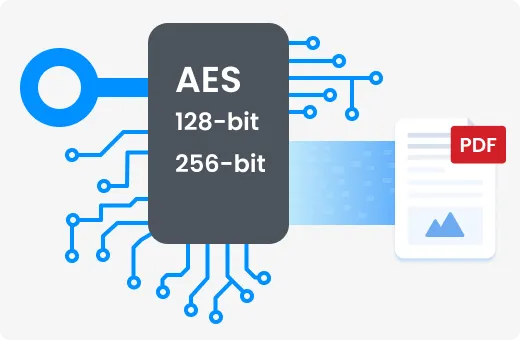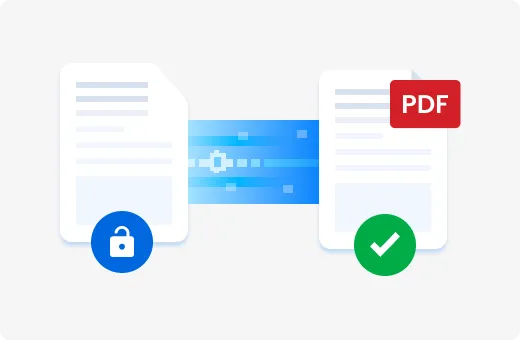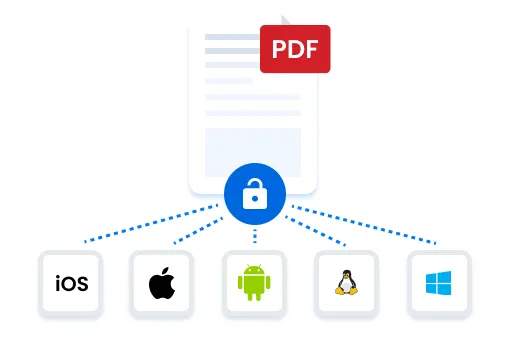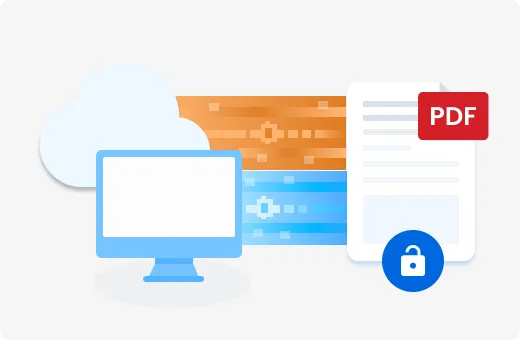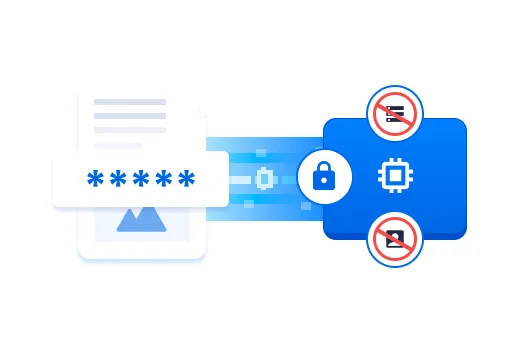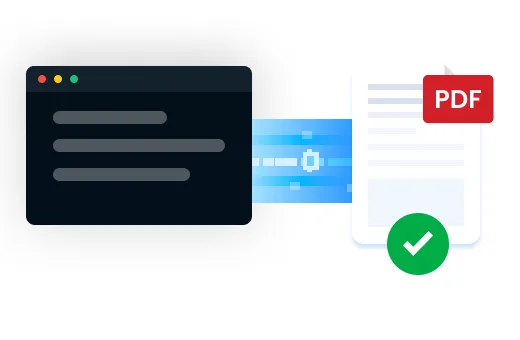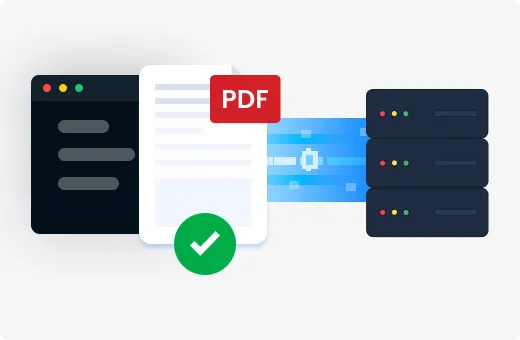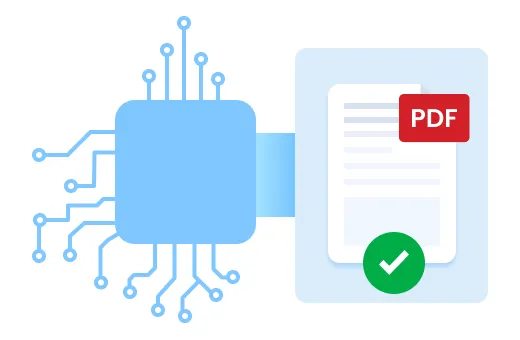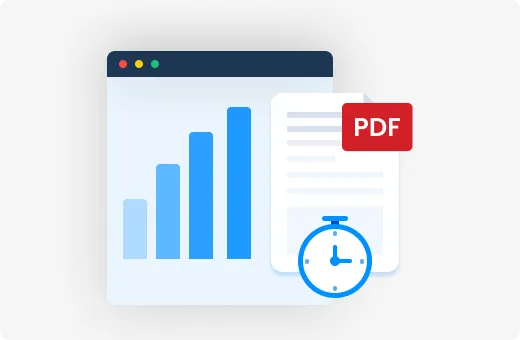Unlock PDF API & SDK
Remove Password Protection From Secure DocumentsProgrammatic PDF Password Removal for
Development Teams
The Unlock PDF API and SDK provide a robust solution for removing restrictions from password-protected PDF documents programmatically. This technology enables development teams to build PDF unlocking capabilities directly into their applications, automating what would otherwise be manual, time-consuming processes.
Our solution works with PDFs locked at any level—whether for viewing, editing, printing, or content extraction—by securely applying the correct password to decrypt the document and remove all restrictions. The implementation is available as both a REST API for web services and cloud applications, and as a native SDK for direct integration into desktop or server applications.
Unlike generic document libraries that treat PDF unlocking as an afterthought, our purpose-built solution handles complex encryption standards including 256-bit AES used in modern PDFs, while maintaining document integrity throughout the process. For development teams managing document workflows at scale, this specialized functionality eliminates a significant technical bottleneck.
Stateless REST API Implementation
The REST API endpoint (/unlock-pdf/v1) accepts multipart/form-data requests containing the PDF file (up to 10MB) and the password string. The API returns a 202 response with an operation ID for asynchronous processing, making it ideal for integration into microservices architectures or serverless functions. This stateless design allows for horizontal scaling and integration with load balancers for high-volume document processing.
POST/unlock-pdf/v1
Content-Type:multipart/form-data
file:[binaryPDFdata]
password:"your-pdf-password"
Response:
{
"id":"3fa85f64-5717-4562-b3fc-2c963f66afa6"
}Integration Flexibility
The dual offering of both API and SDK allows development teams to choose the right implementation approach for their specific architecture:
API advantages
No local dependencies, centralized updates, consistent behavior across platforms, minimal client-side code
SDK advantages
No network latency, offline operation capability, reduced bandwidth requirements, direct memory management
